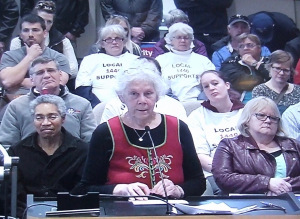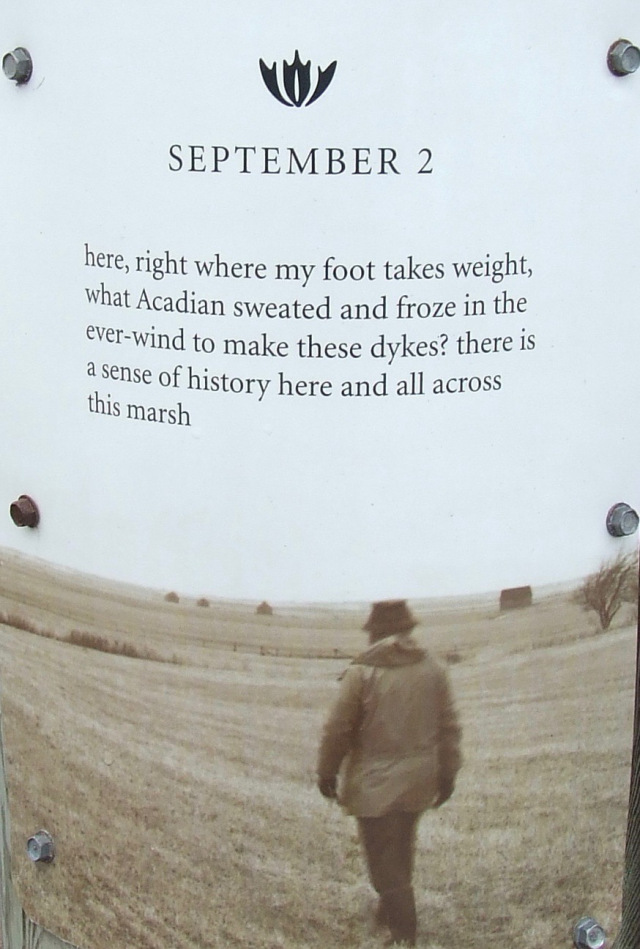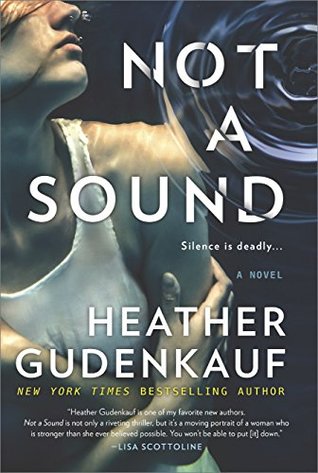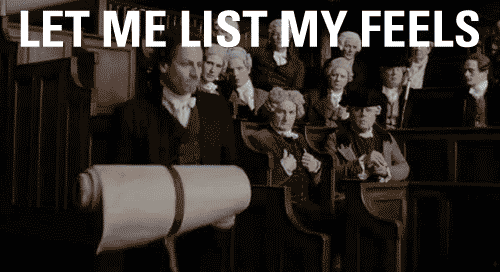
Frances Langstroth reads at Town Council on April 10th as part of National Poetry Month
Sackville town councillors, CUPE union members and others who packed Sackville’s town council chamber on April 10th heard emotionally charged words in honour of a Canada-wide celebration.
First, Mayor John Higham proclaimed April 2017 National Poetry Month in Sackville, as he declared that “poetry reaffirms our common humanity by revealing to us that individuals everywhere share the same questions and feelings.”
Then, Higham introduced Sackville’s Frances Langstroth for a special poetry presentation.
Langstroth said she had been planning to read from the work of Canada’s Confederation Poets who wrote in the decades after the country was born nearly 150 years ago.
“When I started reading Maritime poets, I changed my mind,” Langstroth said.
“Maritime verse comprises the sea, the marsh, tidal rivers,” she added. “Maritime verse comprises farmers, coal mines, fishing, poverty.”
Langstroth read from the work of several poets including Michael Crummey, who wrote in his book Hard Light:
Approaching Nain, the islands
are bare and burnished black,
metallic glint of the afternoon sun
caught by long blades of mica
imbedded in the surface
and for the few minutes it takes
to sail beyond them the stones
are alive with light.
“Maritime poets are artists riding the sea, living the land,” Langstroth said. “Maritime poets have to write what they see.”
She read from the poem “Correspondences” by Sackville’s poet laureate, Marilyn Lerch:
When a full moon
lifts its ivory skin from the sea
salt beads burst on our tongues.
Rising
suddenly above a ridge
it stuns our bones,
drums the blood.
Oceans bulge toward that cool light,
Womb waters stir
and poems enter the body
bringing
like organ transplants
memories not our own.
Langstroth also read a poem from Sackville’s first poet laureate, the late Douglas Lochhead, whose September poems from High Marsh Road appear on telephone poles marching north on Main Street toward the marshes he loved:

“September 2” by Douglas Lochhead posted on a phone pole near the corner of Bridge and Main
“Maritime verse comprises love, anger, fear, kids, and Cape Breton,” Langstroth said.
The packed Sackville Council Chamber heard her read “The road to the border” by the late Alden Nowlan:
Each of us has no choice
but to suffer
for the others.
The sacrifice
consists in no more
than bearing one’s share
of the pain.
I am hitchhiking.
A car stops
fifty yards ahead.
I run up to it.
The driver asks me,
“Are you headed for the border?”
And when I tell him, “Yes,”
he says, “So am I,” and drives off,
leaving me, revenging himself
on his wife, his kids,
his employer, the government
and God.
But if there had been time
and I had been able to
laugh back at him and shout,
“Good luck,” instead of,
“You bastard,” we both might have been
happier now.
I know that I would.
“Maritime verse comprises Mi’kmaq, Acadian, English, explorers, Loyalists,” Langstroth said. “Maritime verse is a pot that holds the bones of all we know, all we knew.”
She read “I Lost My Talk” by Mi’kmaq poet Rita Joe:
I lost my talk
The talk you took away.
When I was a little girl
At Shubenacadie school.You snatched it away:
I speak like you
I think like you
I create like you
The scrambled ballad, about my world.Two ways I talk
Both ways I say,
Your way is more powerful.So gently I offer my hand and ask,
Let me find my talk
So I can teach you about me.
Langstroth also read poetry by Sandra Barry, Raymond Guy LeBlanc, France Daigle, Bliss Carman and Joseph Howe.
To listen to a slightly edited version of her presentation, click on the media player:
https://warktimes.files.wordpress.com/2017/04/frances-langstroth-readings.mp3 Share this:




